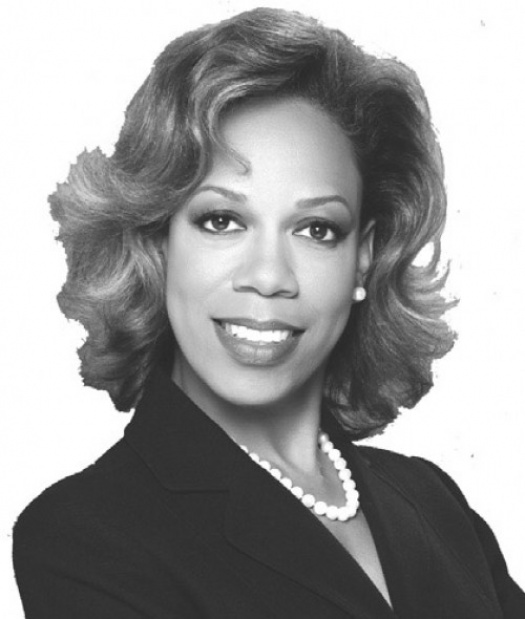
Last week, as I was being interviewed by the Chicago Tribune about the Chicago Urban League’s nextOne entrepreneurship program, the conversation turned to the national economic slowdown.
With job cuts, stagnant wages, the cost of gas and food on the way up, and a housing crunch putting the squeeze on Chicagoans, the reporter asked, “Is now is a good time to invest in economic development. Shouldn’t the Chicago Urban League scale back and wait out the impending recession?”
I didn’t hesitate to tell her that now is precisely the time to step up our work. For fledgling African American businesses, our support can mean the difference between keeping doors remaining open or closing.
For a factory worker, or a whitecollar professional, the edge the League can provide in training and skills development may mean the difference between a paycheck, or unemployment. During his visit to the Chicago area last weekend, National Urban League President and CEO Marc Morial stated the Urban League’s overall mission beautifully. “It is in these times that are difficult that the work we do is the greatest,” he said.
I couldn’t agree with him more. To stave off a deep, long-lasting crisis, we need to push hard against it now. If you have been following recent news reports about corporate layoffs and Federal Reserve Chairman Ben Bernanke’s predictions about the economy, then you may have concluded, as I have, that the nation is in a significant economic downturn.
African Americans will surely feel the brunt of any downturn worse than other groups. To put a twist on Rev. Jesse Jackson’s famous words describing the Black-white divide in America: When the economy catches cold, African Americans catch pneumonia.
But even if we can’t inoculate ourselves against a bad economy, there are things we can do to protect ourselves so that we can ride out the bad conditions and make our recovery quicker. There is no doubt that we are in a vulnerable position.
Fuel prices in the state of Illinois are the highest in the nation. An estimated 80 percent of households negatively impacted by the foreclosure crisis are led by African Americans. The Black middle class has been shrinking ever since the recession of 2001.
During that downturn, individuals in so-called “recession-proof” jobs were being handed pink slips left and right. Black professionals who were laid off suffered career setbacks from which many have yet to recover.
For low-income Black residents, including many who had recently entered the workforce off welfare rolls, the ascent to middle-class status was interrupted by “last hired, first fired.” For exoffenders struggling to become economically viable, a recession will delay second chances.
Shifts in the economy are inevitable, but in spite of the grim predictions, the Chicago Urban League plans to march forward with its workforce development and diversity initiatives designed to create pathways to economic success for Chicago’s Black community.
Deliberate and informed efforts are needed now more than ever to lessen the impact of hard times and to equip individuals with skills they can carry with them into the future.
There isn’t one remedy for the financial ills facing us, which is why our programs were created to address career development goals for people with various skills levels, from those with scant experience and spotty work histories to individuals looking to advance in their careers or start a business.
In February, the Urban League also launched a jobs portal, www.nextmove.jobs, to aid individuals in their job searches. My point is that we do not have to weather this storm bare naked in the wind without shelter. Now is not the time to put off your dreams; now is the time to press on and fight the forces that would drag you back down.
If you don’t have a social network by which you learn about career and business opportunities, I encourage you to join one. If your skills sets are dated, then I implore you to explore the Urban League’s workforce development initiatives to see how we can help you become more marketable to employers.
We may not be able to stem rising gas prices or the groundswell of bias as the pie of opportunity starts to shrink. But we can take the reins and steer the community in a direction that supports economic fitness, not failure.
______ Copyright 2008 Chicago Defender. All rights reserved. This material may not be published, broadcast, rewritten, or redistributed.
